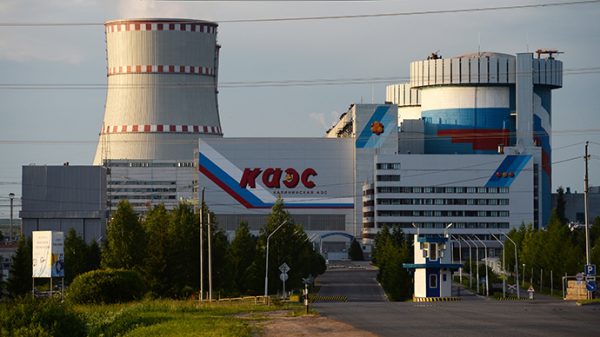Rwanda’s quest for nuclear energy has received the much needed impetus after Rwandan MPs voted in favour of the construction of Centre of Nuclear Science and Technology to help develop integrated nuclear energy solutions in the country.
Mps voted Monday for the law approving the ratification of the agreement between Rwanda and Russia on cooperation in the construction of the Centre.
The move now allows Rwanda to collaboration with Russia in sharing nuclear technology expertise, after a deal was reached and signed at the first Russia-African Forum in the city of Sochi in 2019.
Rwanda hopes that acquisition of nuclear technology will help boost major sectors of the economy such as agriculture, healthy, education, sciences and industry.
Explaining the importance of the nuclear deal, MP Damien Nyabyenda said that the Parliamentary ICT and education committee had scrutinized the Sochi agreement and wanted it approved as an opportunity for Rwanda to use nuclear energy for development.
“The center will create jobs for Rwandans but also shared skills since it will work with experienced Russians in nuclear science which Rwanda doesn’t have,” he said.
Already the first batch of 50 Rwandans are doing masters in nuclear sciences and will return here to implement the project to improve agriculture research, food and medicine storage, including geological studies
But some MPs opposed the project saying nuclear energy is dangerous and expensive for Rwandans. They raised concerns on the source of funding, nuclear waste management and how the potential nuclear explosions will be mitigated and how Rwandans will directly benefit.
MP Nyabyenda responded that the country will adopt cutting-edge technology being used in Russia.
“All of them are regulated by International Atomic Energy Agency,” he said.
Rwanda is not the only country in Africa that intends to develop nuclear energy. Kenya, Uganda, Egypt, Nigeria, Sudan and Zambia are also on the list.
Most African countries suffer from severe electricity shortages. The majority need to double their generating capacity to meet current needs.
But developed countries like Germany, Belgium and the US are downscaling their nuclear plans or exiting it altogether. The reasons include perceptions of increased risk following the Fukushima disaster in Japan as well as economic factors.
“It is one of the most expensive project to undertake especially for African countries facing economic hardships,” says Professor of Physics at the University of Johannesburg.
“The country receiving the nuclear plant initially pays very little, but when the repayments kick in, the country’s fiscus and electricity consumers are suddenly faced with a massive burden that most African economies will never be able to meet.”
Read Also
Msikaba bridge construction in South Africa resumes
Standoff continues as Ethiopian mega dam nears completion

